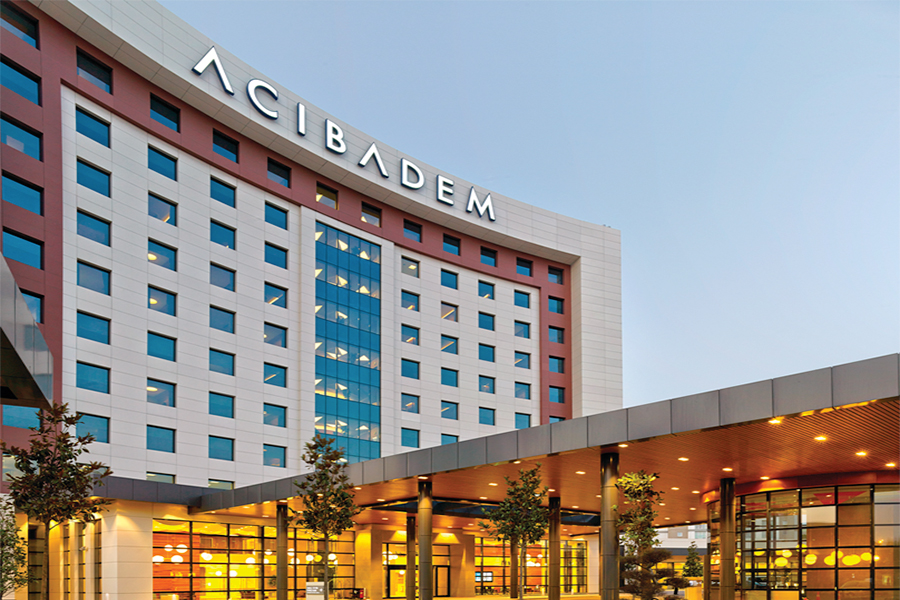
Advertorials | Jul 30,2025
A struggle over management responsibility and development plans unfolds as a supervisory board severed the Addis Abeba Chamber of Commerce & Sectoral Association’s (AACSSA) management contract for the city’s Exhibition Center & Market Development Enterprise, launching the city administration and the Chamber into a potential legal conflict.
Late last week, in a move that surprised industry insiders, a five-member supervisory board established by Mayor Adanech Abiebe terminated the Chamber’s contract to manage the Exhibition Centre, at Meskel Square. Chaired by Binyam Mikru, head of the city’s Trade Bureau, the Board is comprised of Girma Beka, Cabinet Affairs head; Lidya Tadesse head of the Addis Abeba Peace & Security Bureau; Girma Seifu, head of the city’s Investment Commission; Girma Gide, deputy head of the Addis Abeba Finance Bureau; and Weynshet Zerihun, head of the Women, Children & Social Affairs Bureau.
A long-contested revenue-sharing arrangement fails to align with the city’s development ambitions, according to Binyam. He told the Chamber’s leaders last month that the City’s vision is to transform the 2.8hct plot into a sprawling convention centre. The move was met with immediate pushback, with the Chamber convening an emergency meeting within days at the upscale Skylight Hotel, appealing against the termination. They waited two days before the announced termination to respond in an eight-page letter, addressed to the City Administration Cabinet and the Mayor.
Mesnebet Shenkute, president of AACSSA, voiced her frustrations, emphasising the Chamber’s dedication to the Centre over nearly two decades.
“We’ve sacrificed a lot for the Centre,” she told Fortune, hinting at the broader implications, notably potential disruptions to trade fairs.
She recalled the Chamber has put up significant sums to keep the Exhibition Centre up and running over the past 18 years.
“This will create a lot of issues,” said the President.
However, the supervisory board paints a different picture. Its members contend that the Chamber has consistently underperformed, noting that the four-decade-old compound has seen few to no renovations under the metropolitan Chamber’s watch. Dismissing the Chamber’s claims as a mere “tantrum,” he noted, “We weren’t looking for a babysitter.”
He insisted that the Chamber had failed to add value, alleging its leaders have not even “lifted a rock” during their tenure.
“We weren’t sharing the property but contracting it,” Biniam told Fortune.
Beyond the war of words, there are bigger stakes. Binyam hinted that prospective investors have expressed interest in partnering with the City Administration for the convention centre project. The City authorities argue that this possibility could transform the Centre into a commercial hub, further enhancing the capital’s regional prominence.
Legal experts are flagging potential challenges.
Yohannes Woldegebriel, the Chamber’s director of Arbitration, questioned the Board’s decision’s legal foundations, asserting its establishment was without the Chamber’s consent. He pointed to an annually renewed profit-sharing agreement between the City Administration and the Chamber, a practice spanning three years, preceded by longer-term agreements.
The Chamber and City Administration have earned from the Exhibition Centre. Last year, the parties in the contract split equally around 49 million Br in operating profit. Yet, Weynishet Zerihun, a board member and bureau head, criticised this arrangement, suggesting the Chamber had not brought any added value to justify such earnings.
“This wasn’t what we signed up for,” she told Fortune.
Leaders of the Chamber insisted that they have kept their side of the bargain over the years, referring to the recent stipulations as “extra-contractual.”
For Shibeshi Betemariam, secretary general of the Chamber, the essence of the disagreement was based on “a managment contract” and “not for renovation.”
“Our aim as a chamber is expanding trade and investment,” Shibeshi said.
There have been signs of underperformance. A 2016 World Bank assessment highlighted several shortcomings, including the Centre’s limited space and a weak legal framework. A proposed expansion plan to incorporate 10hct land, backed by a feasibility study from Fira, a Spanish consulting firm, never materialised, even though both parties share the 300,000 euro fee. There is also a sense of unmet potential.
Tilahun Tadesse, manager of the Exhibition Centre, concurred with this sentiment. He lamented the Centre’s outdated look, which dissuaded event organisers, leading to the Centre hosting a mere 40 events last year, generating revenues reaching 122 million Br.
“That shouldn’t have been the case,” he regretfully told Fortune. “The Centre was held back from its potential for years.”
Legal experts warn of potential complexities.
Mihretab Leul, managing partner of Mehretab & Getu Advocates, stressed the importance of unambiguous contract terms, particularly in PPPs. According to Mehreteab, terms and references are critical in determining whether the public party is within the law to terminate a contract. He urged a solid legal case for terminations, cautioning against potential compensatory claims.
“All contract provisions should be thoroughly exhausted before proceeding to courts,” he told Fortune.
PUBLISHED ON
Oct 21,2023 [ VOL
24 , NO
1225]

Advertorials | Jul 30,2025

Fortune News | Oct 25, 2024
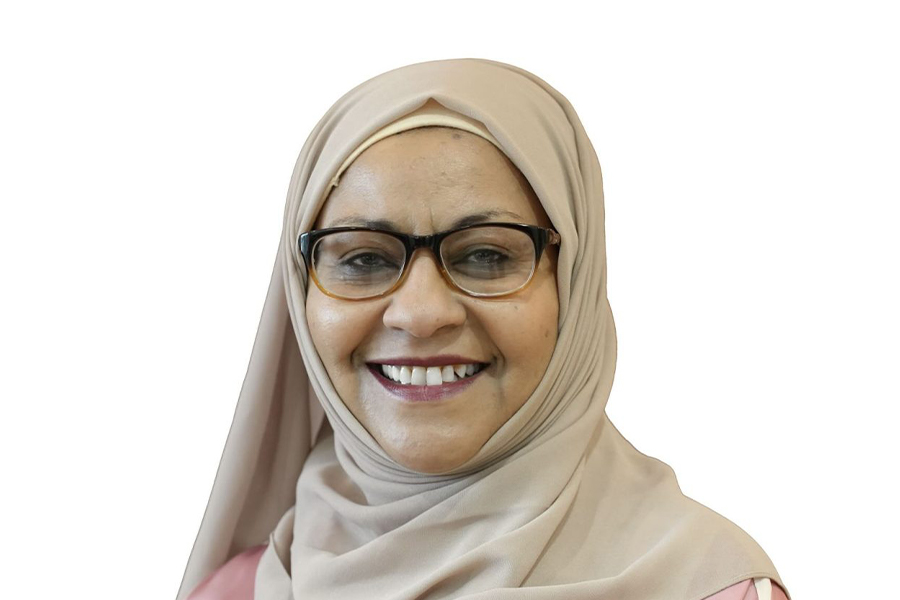
Radar |

Radar | Sep 14,2024
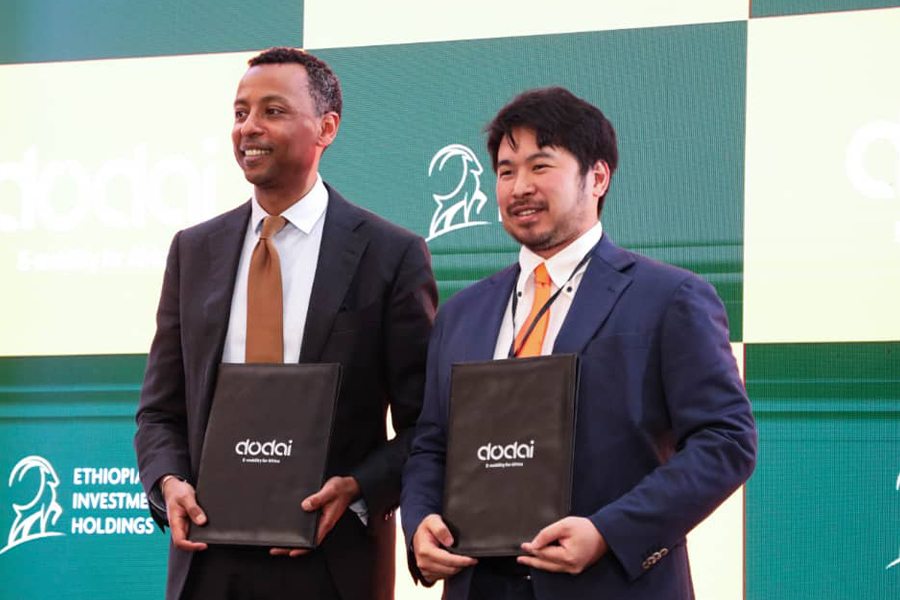
Radar | Oct 27,2024
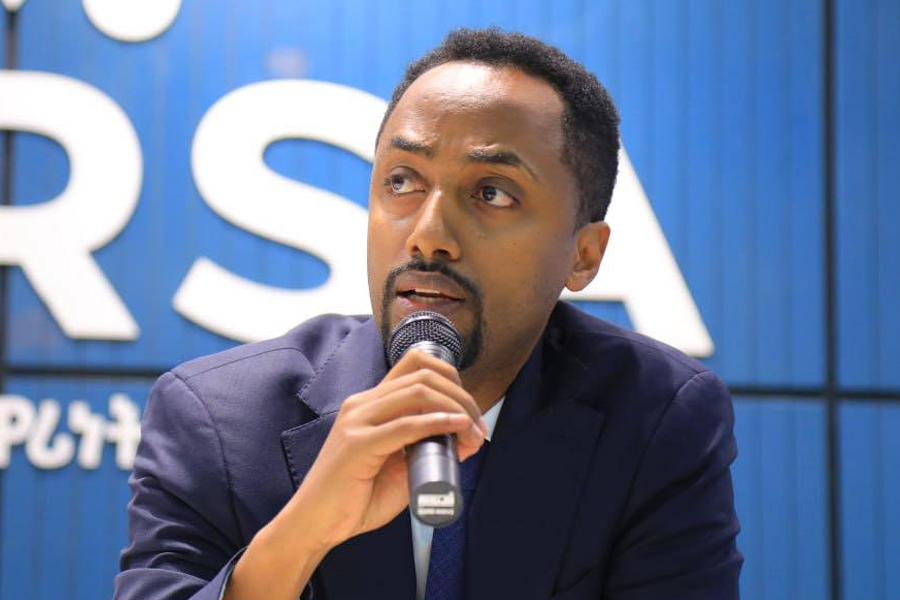
Radar | Oct 12,2024
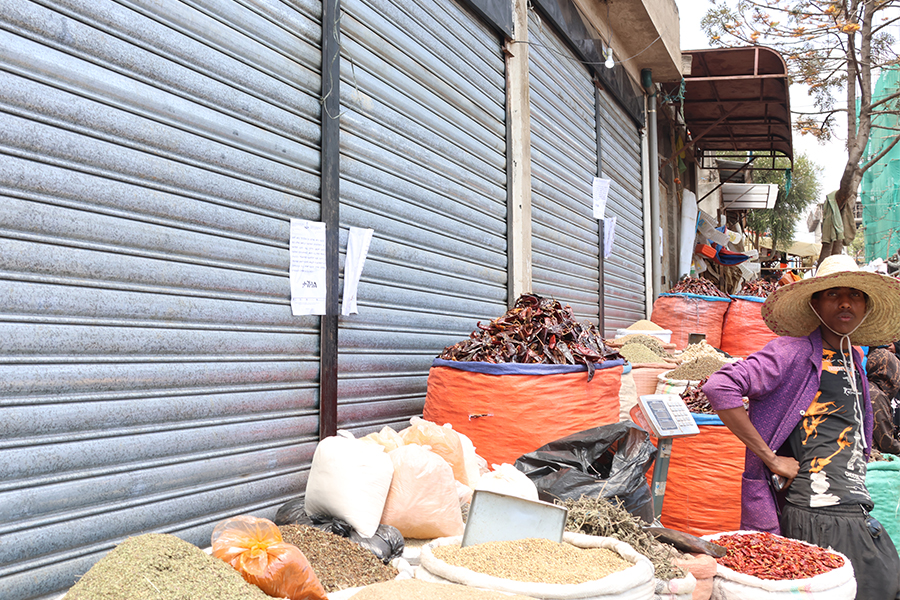
Delicate Number | Oct 25,2025

View From Arada | Aug 13,2022
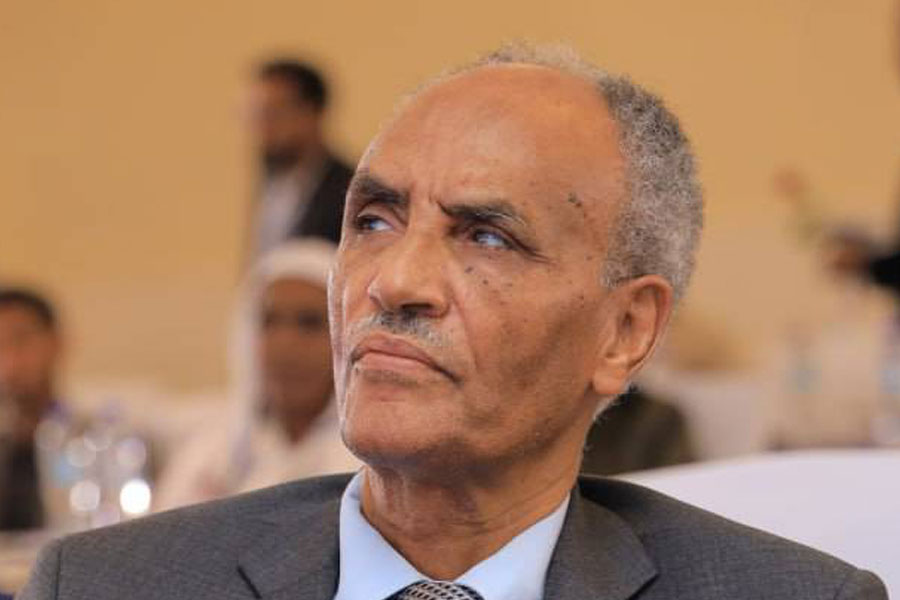
Obituary | Sep 29,2024
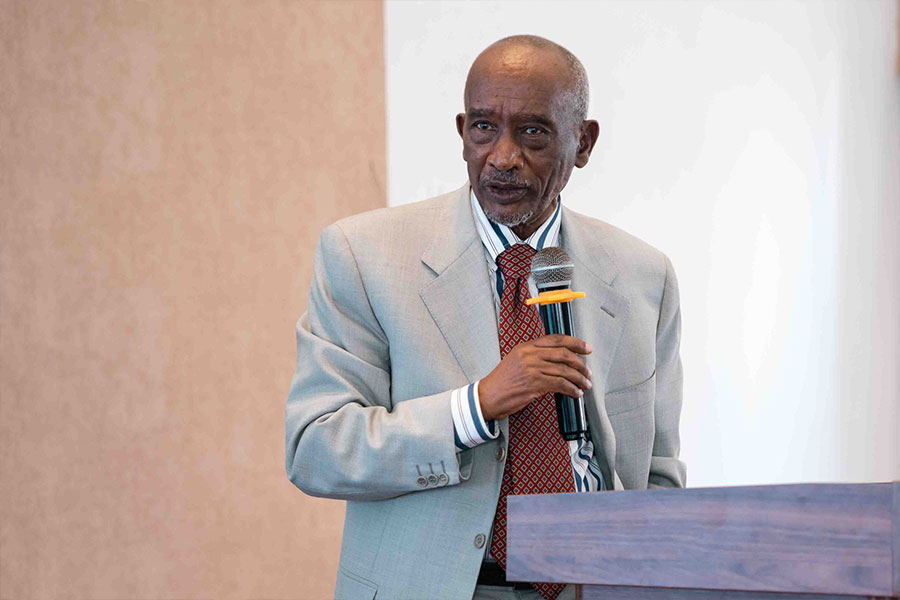
Fortune News | Sep 28,2025

Dec 22 , 2024 . By TIZITA SHEWAFERAW
Charged with transforming colossal state-owned enterprises into modern and competitiv...

Aug 18 , 2024 . By AKSAH ITALO
Although predictable Yonas Zerihun's job in the ride-hailing service is not immune to...

Jul 28 , 2024 . By TIZITA SHEWAFERAW
Unhabitual, perhaps too many, Samuel Gebreyohannes, 38, used to occasionally enjoy a couple of beers at breakfast. However, he recently swit...

Jul 13 , 2024 . By AKSAH ITALO
Investors who rely on tractors, trucks, and field vehicles for commuting, transporting commodities, and f...

Nov 1 , 2025
The National Bank of Ethiopia (NBE) issued a statement two weeks ago that appeared to...

Oct 25 , 2025
The regulatory machinery is on overdrive. In only two years, no fewer than 35 new pro...

Oct 18 , 2025
The political establishment, notably the ruling party and its top brass, has become p...

Oct 11 , 2025
Ladislas Farago, a roving Associated Press (AP) correspondent, arrived in Ethiopia in...